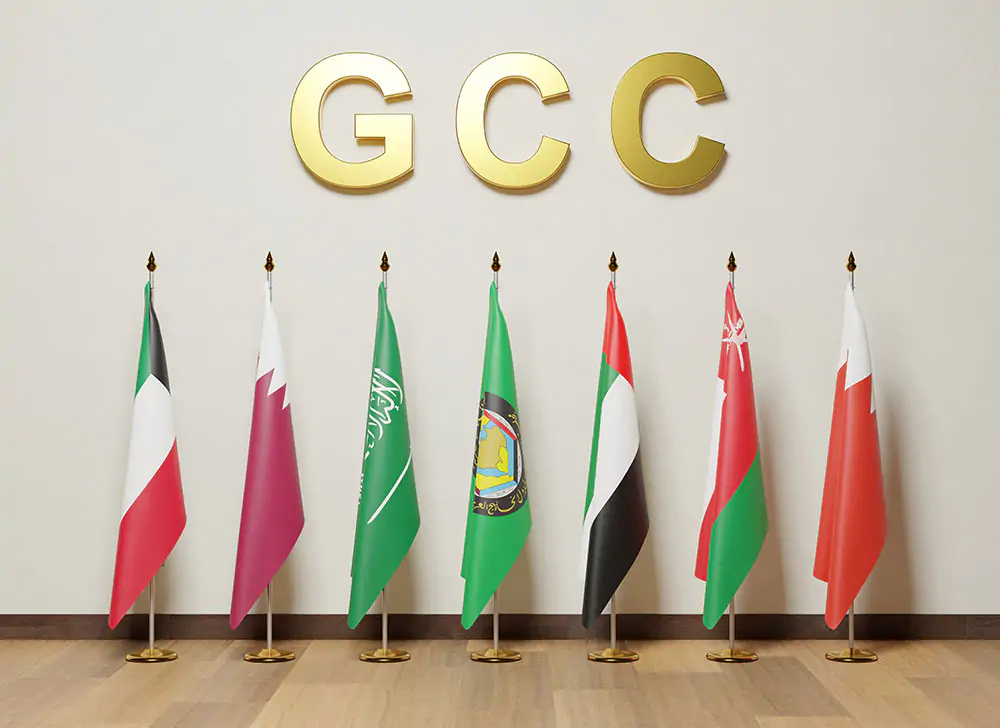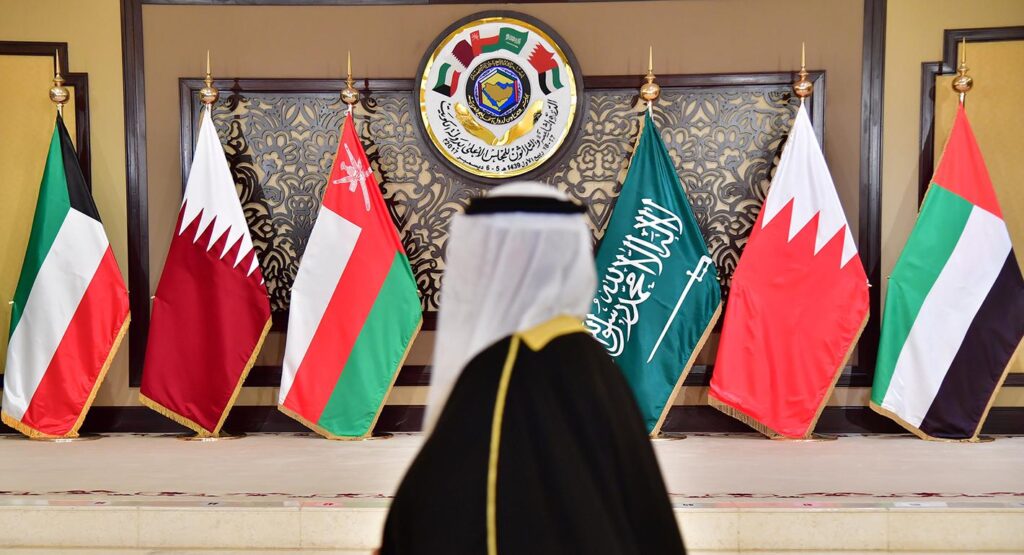
Building a business presence in the Gulf Cooperation Council (GCC) is a strategic move that promises access to high-growth markets, tax-friendly environments, and investor-friendly ecosystems.
However, success depends on more than setting up an office in Dubai or Riyadh – it requires a scalable approach tailored to regional dynamics, legal frameworks, and consumer expectations. The following steps outline a grounded strategy for sustainable expansion across the GCC.
Table of Contents
Understanding the GCC Market Landscape
Before committing resources, companies must grasp the diverse yet interconnected nature of the GCC – comprising Saudi Arabia, the UAE, Qatar, Kuwait, Bahrain, and Oman. While the region shares economic cooperation, each country has distinct regulations and business environments.
Key Focus Areas:
- Saudi Arabia’s Vision 2030 initiatives attracting global investment
- The UAE’s free zones offering simplified business registration
- Qatar’s strong infrastructure push ahead of global events
- Oman and Bahrain’s growing support for SMEs
Did you know? The GCC’s combined GDP exceeds $2 trillion, making it one of the fastest-growing economic hubs for digital transformation and innovation-driven enterprises.
Navigating Legal Frameworks and Licensing
Establishing a compliant entity is the cornerstone of long-term growth. This is where understanding regional licensing plays a crucial role. For instance, in Saudi Arabia, international companies often begin by securing a MISA license (Ministry of Investment Saudi Arabia) to operate legally in the Kingdom.
If you plan to enter the Saudi market, obtaining a Misa Saudi license ensures alignment with local investment policies, offering your business the ability to hire talent, issue invoices locally, and expand seamlessly across industries. The license also simplifies participation in government projects – an essential channel for foreign businesses aiming for scalability in the GCC.
Key Legal Considerations:
- Ensure local sponsorship or partnership agreements meet compliance standards.
- Review sector-specific restrictions before incorporation.
- Choose between mainland and free-zone models based on your business goals.

Source: lexconsult.com.vn
Building Regional Partnerships and Networks
Once licensed, cultivating partnerships accelerates market penetration. Local partnerships are not just a formality – they are often the gateway to understanding consumer preferences, government tenders, and regional norms.
Benefits of Regional Partnerships:
- Access to established distribution and supply chains
- Insight into cultural nuances and local business etiquette
- Enhanced credibility through association with recognized regional entities
Building long-term relationships through chambers of commerce, trade expos, and accelerator programs can fast-track your growth while reducing early-stage missteps.
Structuring for Scalability
Scalability in the GCC depends on organizational agility. Companies must adopt flexible business models that can grow across borders without losing efficiency or compliance control.
|
Scalability Element |
Practical Approach |
| Market Adaptation | Customize offerings per country – avoid one-size-fits-all strategies. |
| Digital Infrastructure | Centralize systems (ERP, CRM, HR) for unified operations. |
| Workforce Management | Blend expatriate expertise with local hires for cultural and operational balance. |
| Financial Planning | Use multicurrency and multilocation accounting frameworks. |
A well-structured organization allows for quick replication of success from one GCC country to another – essential for sustainable growth.
Adapting Marketing to Local Cultures
The GCC is a region where culture and commerce intertwine. Consumer preferences are shaped by language, religion, and tradition, which must be reflected in branding and communication strategies. Localization goes beyond translation; it requires contextual understanding.
Effective Adaptation Strategies:
- Use Arabic in marketing materials while maintaining global brand identity.
- Respect religious and national holidays when planning promotions.
- Collaborate with local influencers for cultural authenticity.
Campaigns that integrate regional pride and social values often perform better than direct Western-style advertisements.

Source: carnegieendowment.org
Leveraging Government and Innovation Programs
Governments across the GCC actively support innovation and entrepreneurship through funding schemes, incubators, and special economic zones. Businesses that align with national goals – such as sustainability, AI adoption, and digital transformation – often benefit from incentives and priority access.
Examples include:
- Saudi Vision 2030’s programs promoting tech and renewable energy startups.
- UAE’s Hub71 and Dubai Future Accelerators offering mentorship and capital access.
- Qatar Science & Technology Park supporting research-driven enterprises.
Engaging with these programs not only provides financial support but also connects businesses to regional networks that drive innovation.
Hiring and Developing Talent
The GCC’s workforce is a blend of local professionals and expatriates. To build a scalable presence, talent strategy must align with both localization policies and company culture.
Steps for Talent Optimization:
- Understand nationalization programs like Saudization and Emiratization.
- Offer training programs that bridge local and global business standards.
- Create retention plans – competitive compensation, housing support, and growth opportunities.
Skilled local professionals bring valuable insight into market behavior, while international experts contribute technical expertise. The right mix ensures both innovation and compliance.
Establishing a Financial and Tax Strategy
While GCC countries are known for low-tax or tax-free environments, regulations are evolving. Understanding Value Added Tax (VAT), customs, and cross-border accounting is critical to maintain transparency and scalability.
Core Considerations:
- Register for VAT if operations surpass the regional threshold.
- Understand differences between free zone and mainland tax treatment.
- Use regional accountants familiar with both IFRS and local rules.
Fact ─ The UAE and Saudi Arabia introduced VAT in recent years to diversify revenue streams, marking a significant shift in regional fiscal policies.

Source: schwartsmanlawgroup.com
Measuring Performance and Continuous Growth
Scaling is not a one-time process – it requires ongoing measurement and adjustment. Setting performance benchmarks across locations helps identify inefficiencies early.
Metrics to track:
- Customer acquisition and retention costs
- Operational efficiency and employee productivity
- Compliance milestones and market share growth
Implementing regular audits and performance reviews across GCC branches ensures consistency while allowing flexibility to adapt to each country’s changing dynamics.
Final Thoughts
Establishing a scalable company presence in the GCC is as much about strategic alignment as operational execution. Businesses that respect cultural nuances, comply with regulations, and leverage regional partnerships can thrive across borders. A clear vision supported by structured licensing, such as a MISA Saudi license, and a unified operational framework will help transform regional opportunities into lasting growth.
Success in the GCC is not merely about entering the market – it is about embedding your brand, values, and systems into a fast-evolving, innovation-driven region ready for global collaboration.







